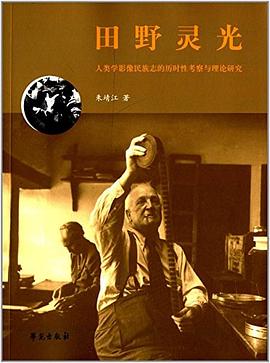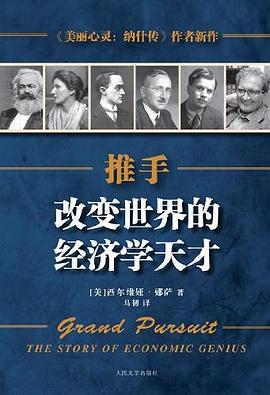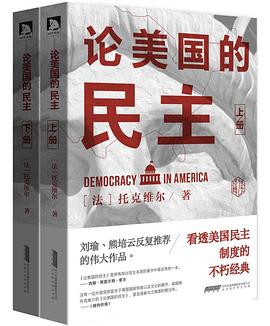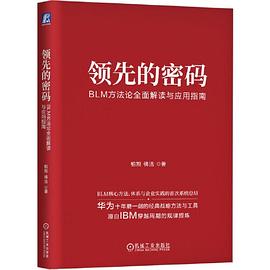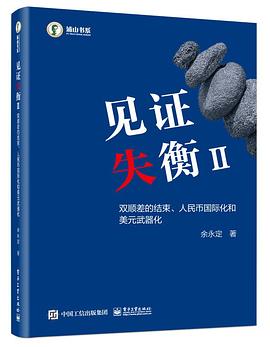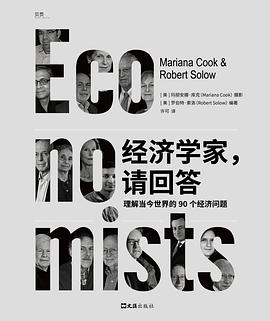China Upside Down
内容简介
Many scholars have noted the role of China's demand for silver in the emergence of the modern world. This book discusses the interaction of this demand and the early-nineteenth-century Latin American independence movements, changes in the world economy, the resulting disruptions in the Qing dynasty, and the transformation from the High Qing to modern China. Man-houng Lin shows how the disruption in the world's silver supply caused by the turmoil in Latin America and subsequent changes in global markets led to the massive outflow of silver from China and the crisis of the Qing empire. During the first stage of this dynastic crisis, traditional ideas favoring plural centers of power became more popular than they ever had been. As the crisis developed, however, statist ideas came to the fore. Even though the Qing survived with the resumption of the influx of Latin American silver, its status relative to Japan in the East Asian order slipped. The statist inclination, although moderated to a degree in the modern period, is still ascendant in China today. These changes--Qing China's near-collapse, the beginning of its eclipse by Japan in the East Asian order, and shifting notions of the proper relationship between state and market and between state and society--led to "China upside down."
引自
......(更多)
作者简介
林满红(Lin Man-houng)
本籍:台中县雾峰乡人,1951年出生于彰化。
现职:总统府国史馆馆长、国立台湾师范大学教授。
曾任:中央研究院近代史研究所研究员、早稻田大学亚太研究所、京都大学人文科学研究所客座教授。
学历:雾峰国小,台中女中初、高中,台大学、硕士,师大博士,哈佛博士。
专攻:历史学(台湾史、清史、东亚经济史、政治经济思想史)。
......(更多)
目录
......(更多)
读书文摘
当时在我国东南以及其他一些地方,存在拥有土地的业户以及从业户租取土地的佃户,甚至将土地的使用权租给次一级的佃农。上述的地主指的主要是佃户,他们必须承受这种折磨。清代土地所有权的研究,通常不能明确区分这两种类型的土地所有者的付税职责。但19世纪前期的证据表明,当白银增值而赋税增加时,是佃户需要支付田赋。
......(更多)

